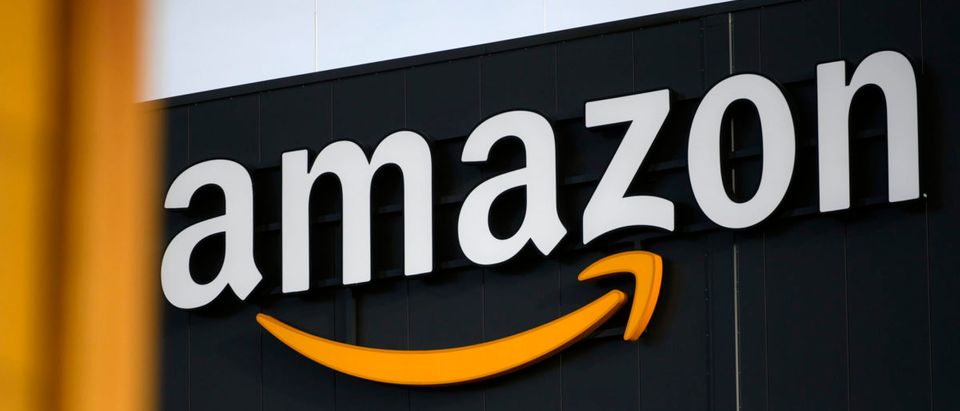Earlier this month, the Biden administration announced its support for a global minimum tax.
Though the administration attempted to portray the policy change as a high-minded effort to ensure that corporations paid their “fair share,” the political incentives of a chance to snatch at extra revenue were quite plainly the primary motivator. Now, politics appear poised to gum up, if not shut down entirely, efforts at a global tax agreement.
Far from being altruistically motivated, global minimum taxes are a clumsy method of sidestepping the consequences of an uncompetitive business tax system. It’s no coincidence that the Biden administration is pushing for a global minimum tax just as it attempts to raise the U.S. corporate tax rate to the highest rate among nations in the industrialized world.
Yet ironically, those latent political motivations appear to be coming back to bite the Biden administration. That’s because negotiators are twisting themselves into knots trying to ensure their tax, which targets some of the largest and most profitable multinational companies, would affect one company in particular: Amazon.
The problem for architects of the minimum tax hoping to slay a giant is that Amazon’s profit margin is too low to be targeted by the tax under the U.S. framework. Yet the focus on Amazon in particular makes it clear just how secondary of an objective “good tax policy” is in this case — political messaging must come first, and Amazon’s tax bills have been a consistent target of the left.
The focus on Amazon also shows just how little progressives actually know what it is they want from large businesses. Amazon manages to minimize its corporate tax bill by prioritizing reinvestment in its business instead of delivering high profit margins to its shareholders. In doing so, it reduces its corporate tax bill, causing the left to attack it for not paying its fair share.
If, on the other hand, Amazon focused on maximizing profits and engaging in share buybacks, the e-commerce giant would certainly face attacks for simply enriching investors and not engaging in productive investment in wages or new innovations. Put simply, the left wants companies to engage in economically productive activities, but only if it doesn’t drive their tax rate down in the process. It’s a position lacking in any sort of logical consistency.
Even so, European countries have been digging their heels in, insisting that high-revenue companies be affected by the tax even if their profit margins are low. Yet failure to take into account differences in profit margins by industry could prove disastrous. Walmart, for example, is the largest company in the world by revenue and employees by a significant margin, yet its profit margins are very low, as is the case with many retail businesses. Just a 3 percent increase in expenses through higher taxes would wipe out all of Walmart’s profits for 2020.
Nevertheless, European countries have every incentive to milk Amazon for every dollar of revenue they can get, and very little incentive to concern themselves with logic or smart tax policy. That’s part of the reason it makes sense for individual countries to set their own corporate tax rates instead of trying to get each country to comply with a one-size-fits-all system.
The can of worms that the Biden administration with global minimum taxes is proving to emphatically not have been worth it. If the president wants to attract corporate activity and investment, he should focus on making the American business environment more attractive for business activity rather than on multilateral accords that make the rest of the world less attractive.
Andrew Wilford is a policy analyst with the National Taxpayers Union Foundation, a nonprofit dedicated to tax policy research and education at all levels of government.



